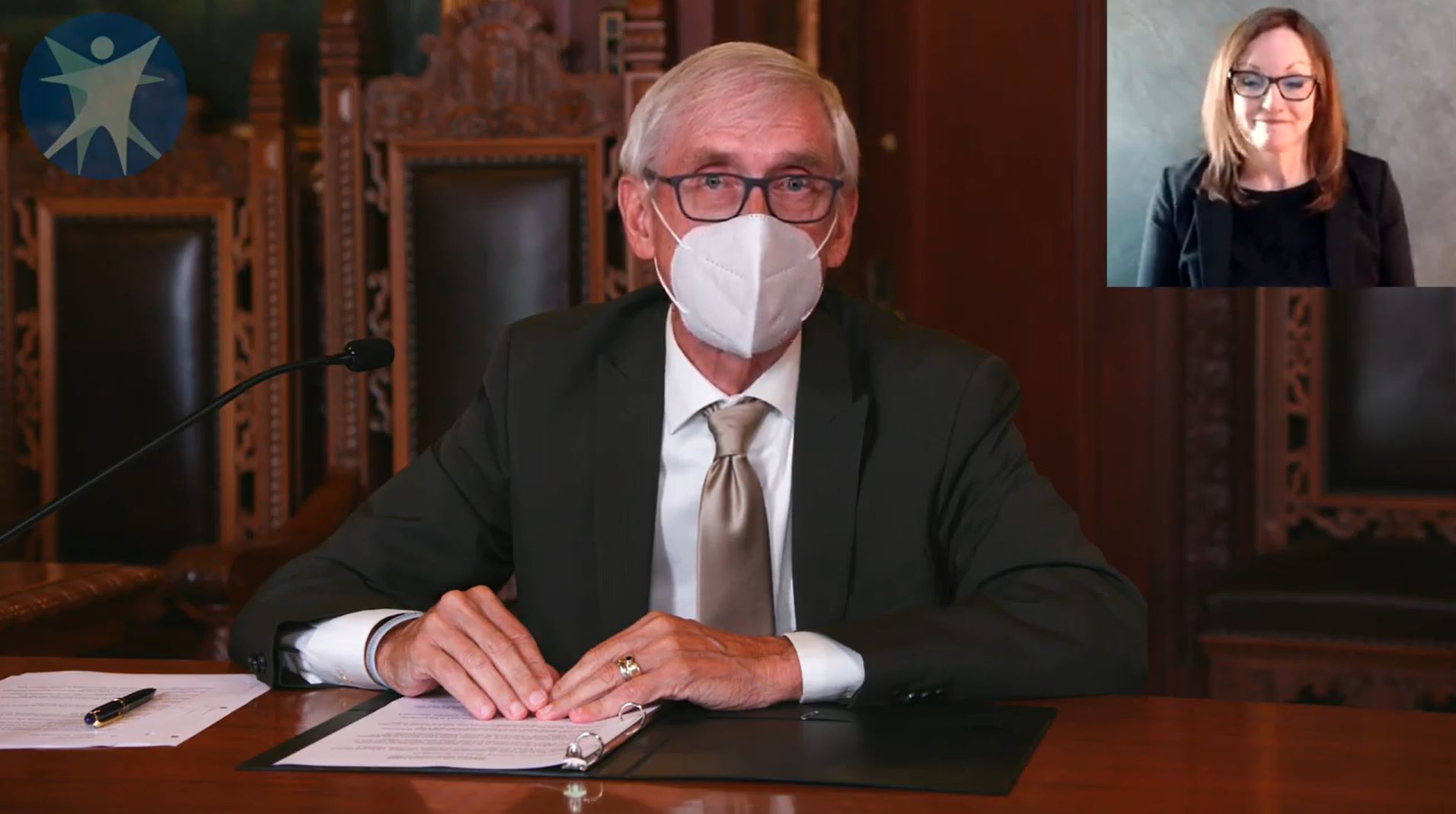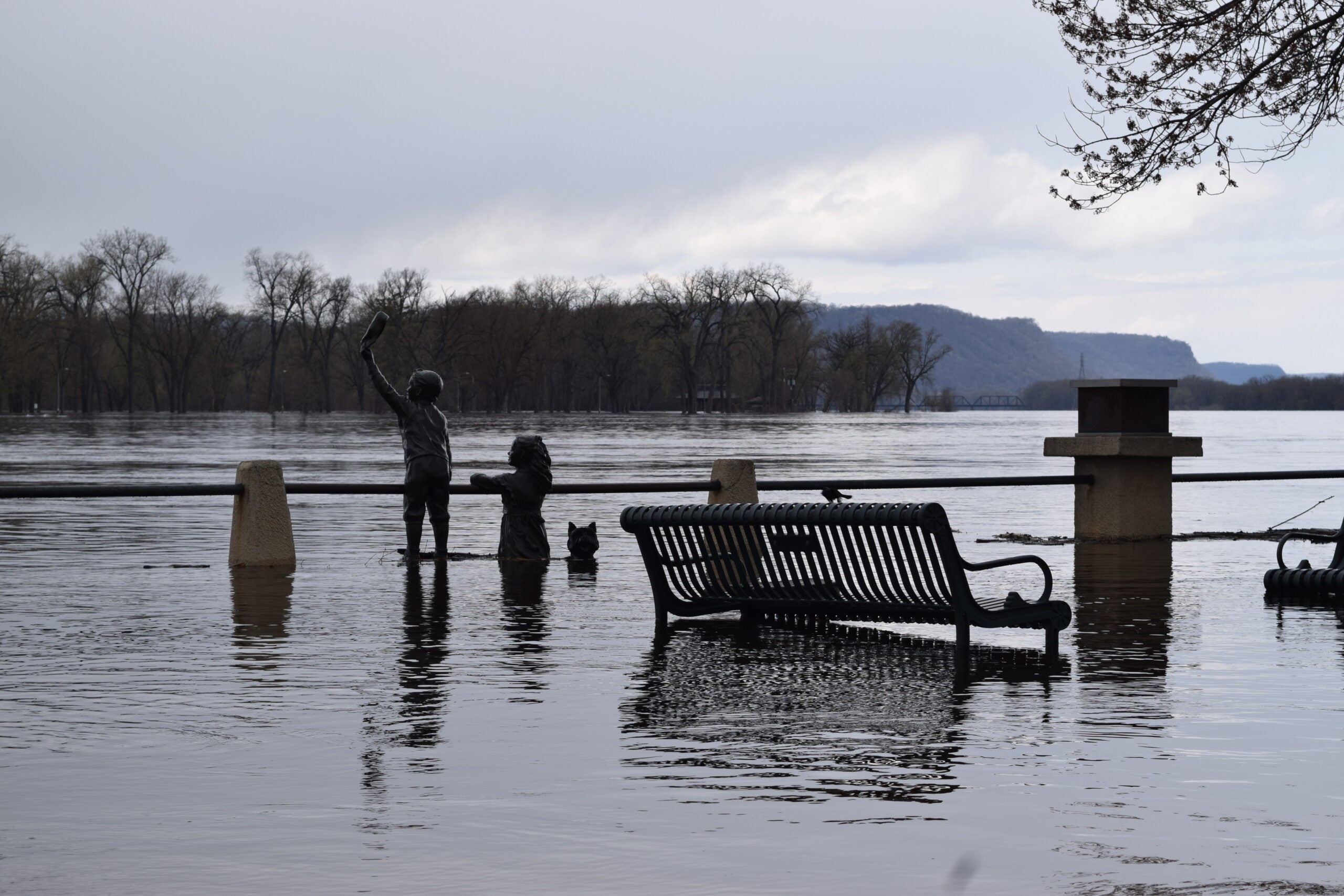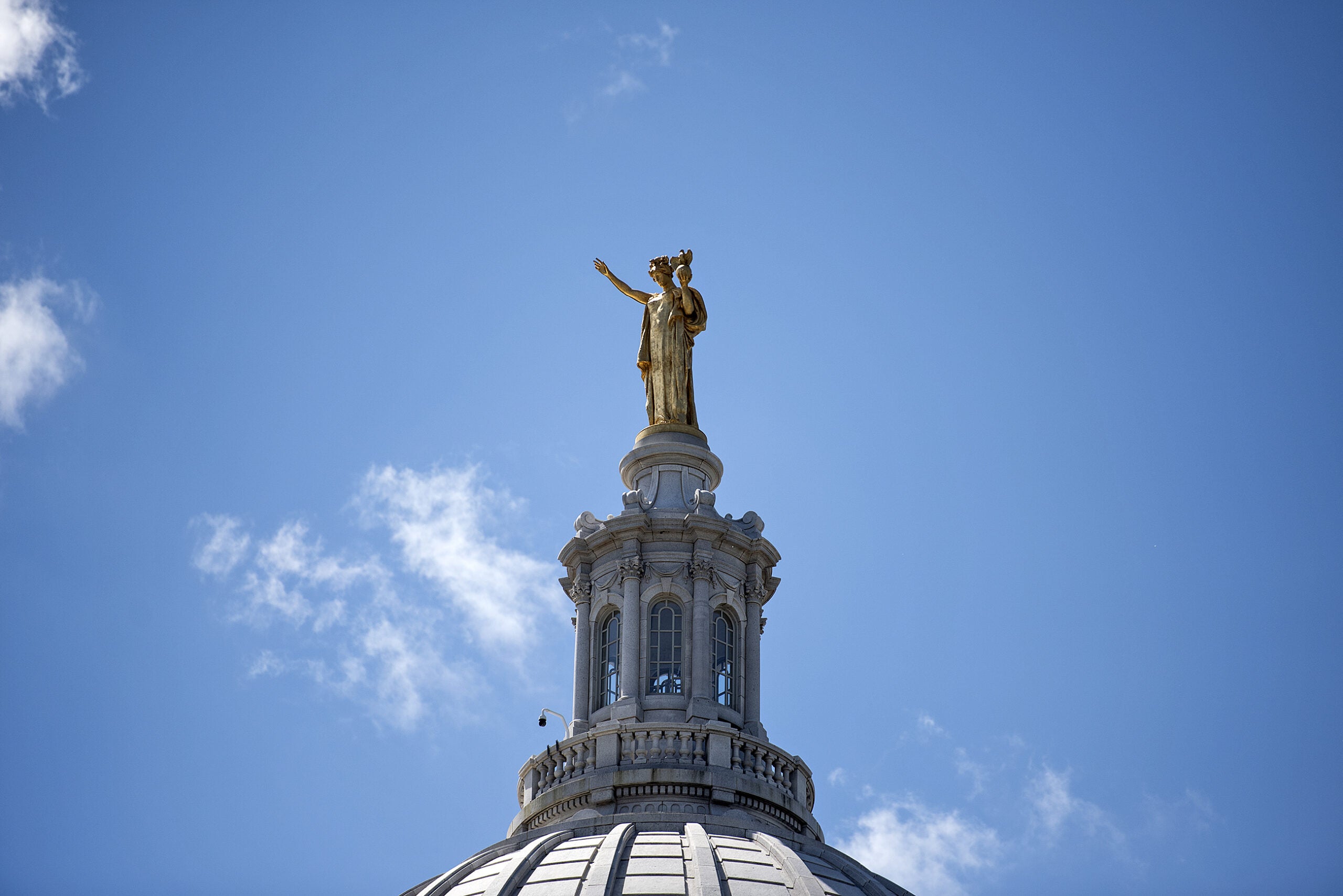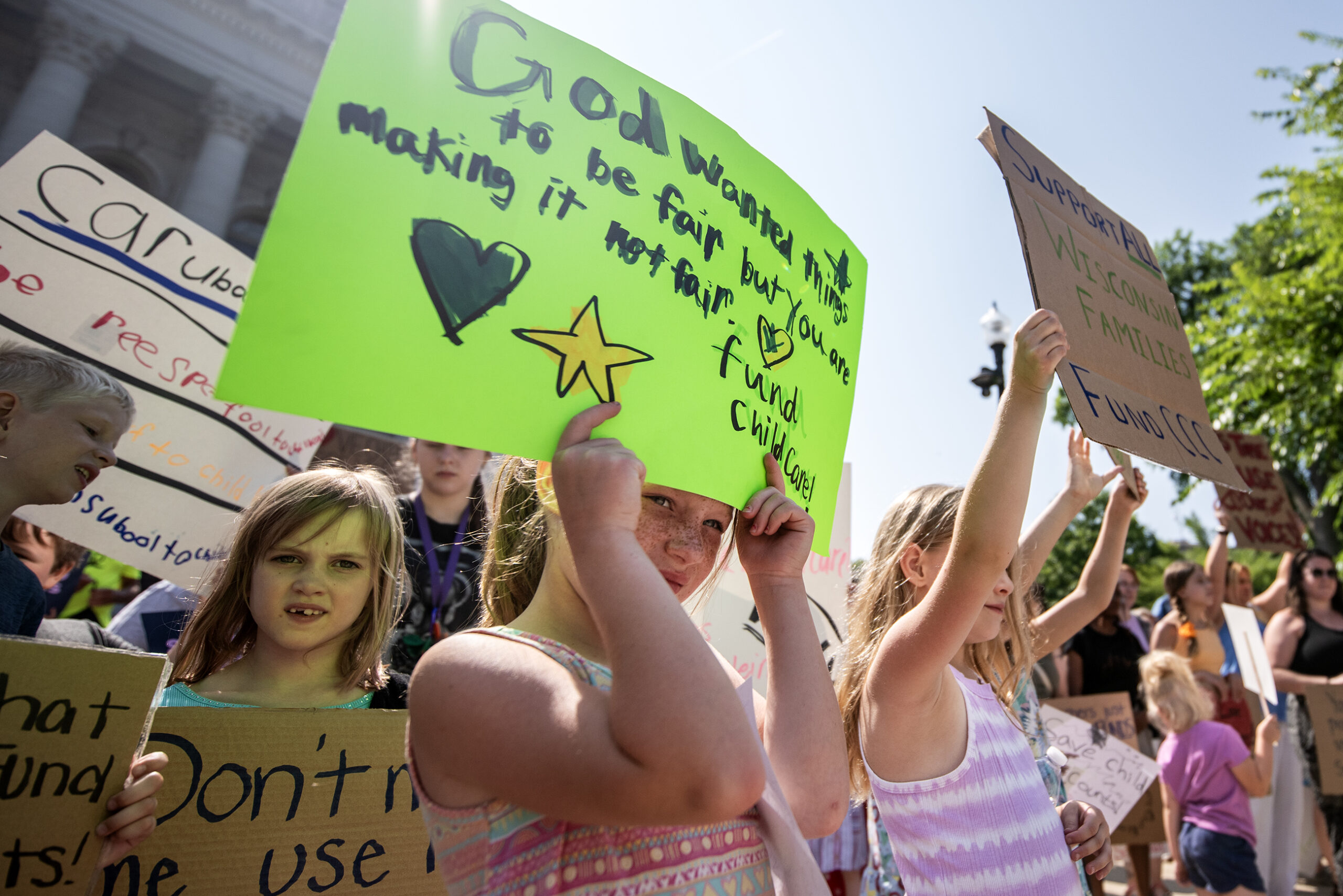Gov. Tony Evers is calling on the state Senate to “step up” to debate and pass new legislation in response to the COVID-19 pandemic in Wisconsin following months of inaction.
The governor’s comments Thursday came less than 48 hours after the Republican-controlled state Assembly unveiled a wide-ranging COVID-19 proposal that would do things like require state workers to go back to the office and teachers to return to classrooms.
The Assembly plan received a lukewarm response in the state Senate, where the new majority leader, Sen. Devin LeMahieu, R-Oostburg, said the Senate would not meet before the end of the year to debate the Assembly proposals or any other measures related to the pandemic.
Stay informed on the latest news
Sign up for WPR’s email newsletter.
The governor said he was “disappointed” by the Senate’s position.
“It takes, obviously, both houses to act and apparently the Senate is not prepared to do so,” Evers said in a call with reporters Thursday. “At the end of the game, it’s important that the Senate step up and be part of the conversation.”
The governor said he planned to use a Thursday afternoon meeting with LeMahieu to ask him to consider quicker action.
“I will ask him (to bring the Senate in),” Evers said. “I’m guessing it will make no difference, but it’s worth the ask.”
The governor also said he would consider calling the Legislature into a special session if the Senate doesn’t come in voluntarily, but he’s also not optimistic that would lead to new legislation.
“That seems to be a last resort from my vantage point, because we haven’t successfully done that in the past,” he said.
The governor has previously called special sessions on policing, gun laws, and delaying the April presidential primary election because of the pandemic. All of those sessions were convened and adjourned within seconds without action from lawmakers.
The Legislature has not met since mid-April, when the state Assembly and Senate met to pass a large bill responding to the social and economic effects of the pandemic.
The only pandemic-related proposal from the state Senate since then was a proposal floated earlier this week to shift money from the state’s medical assistance fund to the state Department of Health Services budget to help pay for things like contact tracing and testing.
The governor rejected that plan on Thursday.
“That’s not acceptable,” Evers said. “That money is set aside for some of our most vulnerable people in the state of Wisconsin. That is not a trade-off that I’m willing to make.”
Evers Asks Federal Government For Additional Funding, Vaccine Prioritization
The governor also announced Thursday that he has sent letters to the Trump administration requesting additional federal funds to respond to the pandemic and for Wisconsin to be prioritized in receiving a COVID-19 vaccine.
In his letter about funding, the governor blamed limits on his executive powers for the recent surge in cases.
“In the absence of statewide mitigation efforts supported by public health and science similar to those being used in other states to prevent the spread, Wisconsin has become one of the nation’s COVID-19 hotspots and there is a great need for additional federal support and resources,” Evers wrote.
The state needs an additional $466 million to continue its current pandemic response in the first four months of 2021, the letter said. Those funds would cover testing sites and equipment, contact tracing, continued operation of the state’s alternative care facility at the state fairgrounds, vaccine distribution infrastructure, and public health awareness campaigns.
Congress sent roughly $2 billion to Wisconsin as part of the coronavirus relief bill, called the CARES Act, earlier this year. The vast majority of those funds have now been spent and must be used by Dec. 31. Attempts to negotiate a second federal stimulus bill have, so far, been unsuccessful. Wisconsin U.S. Sen. Ron Johnson, a Republican, has said he opposes additional federal stimulus spending.
In his letter about forthcoming COVID-19 vaccine distribution, Evers said “states with a high burden of COVID-19 cases such as Wisconsin should be prioritized with the first vaccine shipments.”
Evers said Wisconsin should be supplied with a vaccine “in quantities large enough to vaccinate all 450,000 members of our health care workforce and to begin vaccinating Wisconsinites who are high-risk.”
The governor pointed out Wisconsin has seen delayed shipments of pandemic-related equipment throughout the year.
“As vaccine distribution gets underway, our state cannot afford to have this pattern of failed promises repeat,” he wrote.
Wisconsin Public Radio, © Copyright 2024, Board of Regents of the University of Wisconsin System and Wisconsin Educational Communications Board.






